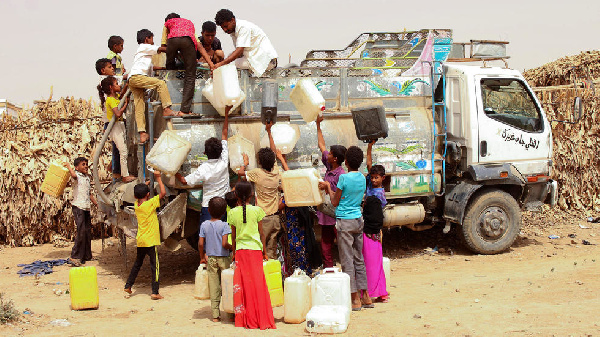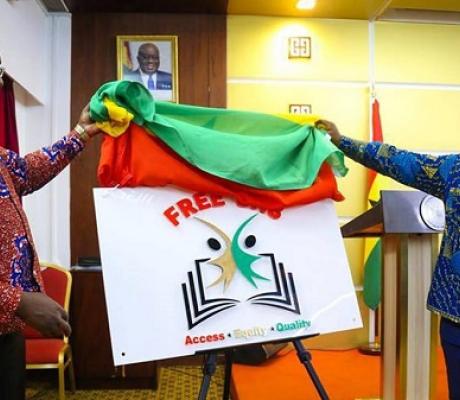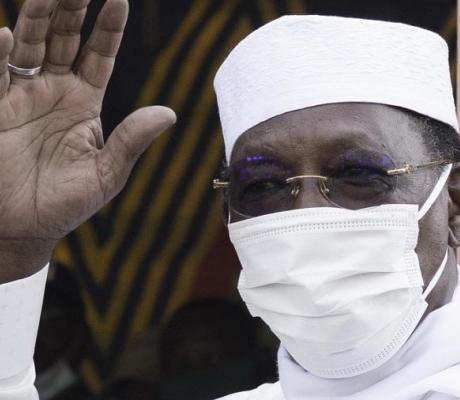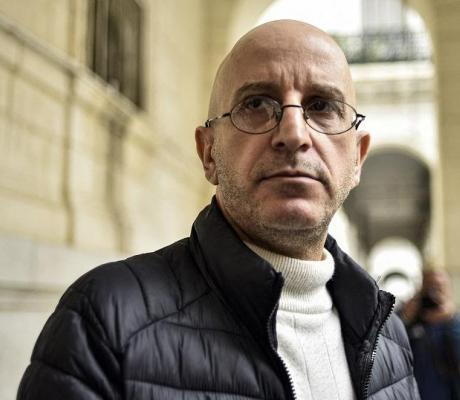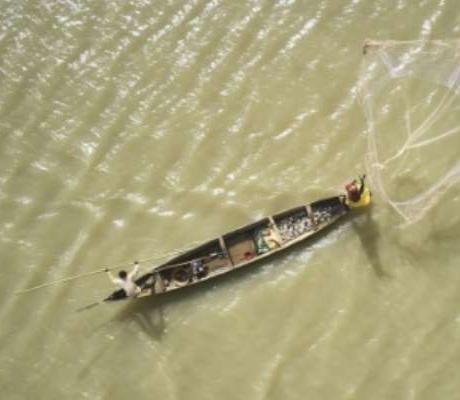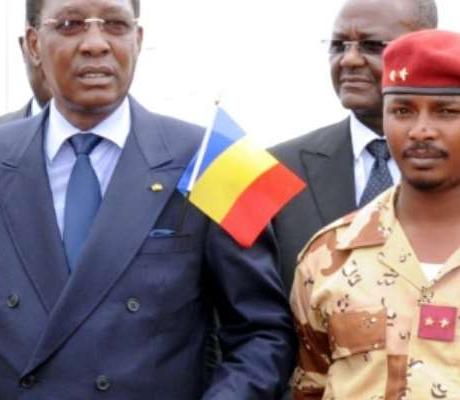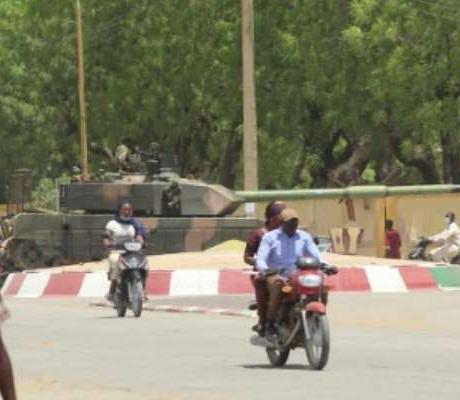Sudan will begin rolling out an experimental programme of direct cash transfers to its neediest citizens next week as it tries to wean the country off costly subsidies.
Khartoum has been struggling to reorganise its floundering economy. Inflation has been running at nearly 100% and the currency tumbling as the government prints money to subsidise bread, fuel and electricity.
With foreign debts of around $62 billion, Sudan last week began talks with the International Monetary Fund (IMF) on a non-funded programme that could pave the way for international financial support.
Under the new pilot cash payment programme, the government will transfer 500 Sudanese pounds (about $9) per person per month, beginning in Khartoum’s West Soba district, quickly followed by four other areas in the country, the finance ministry said in a statement on Sunday.
“These areas were carefully chosen to assess the appropriateness of the project’s mechanisms, plans and interventions” before being extended to the rest of the country, it said.
Finance Minister Ibrahim Elbadawi, formerly a World Bank official, told Reuters before joining Sudan’s government last year that he favoured cash payments over the country’s fuel, bread and medicines subsidies, which he said accounted for around 25% of the budget.
The cash payments, to be made to the heads of households, will eventually reach 80% of Sudanese families, the finance ministry statement said. They will regularly be adjusted for inflation. The government is working to digitise the process.
The programme is being funded by the Sudanese government and international organisations, the statement said.
Prime Minister Abdalla Hamdok promised two weeks ago that the government would not remove subsidies on bread or electricity, but instead would focus on reducing them on petrol and diesel.
($1 = 55.0002 Sudanese pounds)
Source: reuters.com

